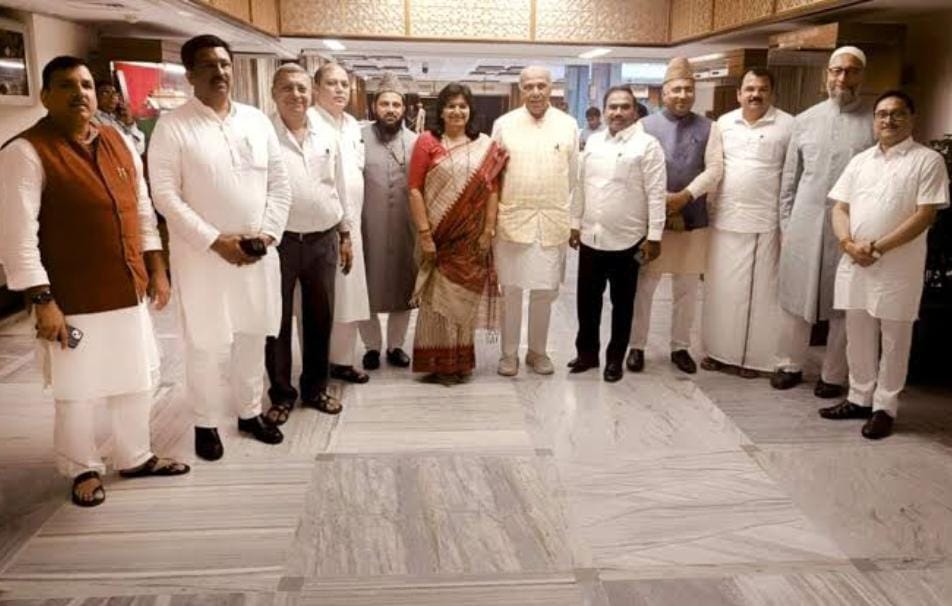
The Joint Parliamentary Committee (JPC) has approved the Waqf Amendment Bill after deliberating on numerous amendments.
A total of 66 amendments were proposed, including 23 from the ruling BJP and 44 from opposition members.
JPC Chairman Jagdambika Pal, a BJP MP, confirmed that the committee’s final meeting resulted in the approval of 14 amendments. Pal emphasized that the process had involved thorough discussions over the past six months, with all proposed amendments being put to vote.
BJP MP and JPC member Aparajita Sarangi added that the deliberations were conducted in a democratic and transparent manner, ensuring that every member was given sufficient time to present their views.
Despite some accusations of bias and procedural haste from the Opposition, which criticized the committee’s approach ahead of upcoming elections, Sarangi dismissed such claims, asserting that the process followed due procedure.
While the JPC initially aimed to submit its recommendations by November 29, the deadline has been extended until February 13.
The Waqf (Amendment) Bill, 2024, which was introduced by Union Minister for Minority Affairs Kiren Rijiju, aims to overhaul the administration of waqf properties in India.
The proposed bill seeks to centralize control of waqf institutions by assigning responsibilities such as the determination of waqf properties and the removal of encroachments to revenue officials rather than to the State Waqf Boards.
Additionally, the bill aims to amend the definition of waqf and changes the composition of the Waqf Boards, including the controversial proposal to allow non-Muslims on these boards while simultaneously barring them from creating or donating properties to waqf institutions.
The bill also proposes significant amendments to the concept of “family waqfs,” which could limit the ability of property owners to create waqfs for the benefit of their families.
Furthermore, it addresses “waqf by user” — the tradition where property dedicated as waqf is maintained without formal documentation, potentially recognizing these waqfs in the future. Critics argue that these changes could lead to the dismantling of centuries-old waqf institutions and create a centralized bureaucratic system that could undermine the community-based nature of waqf administration.
One of the major concerns raised by opponents of the bill is that it disproportionately increases state control over waqf properties, weakening the role of community representatives and local religious leaders.
The bill’s amendments also raise fears about the loss of religious and charitable functions traditionally associated with waqf, which could be vulnerable to bureaucratic mismanagement and litigation.
While the government argues that these changes are necessary to improve the management of waqf properties and to remove encroachments, critics view the bill as a step towards greater state control over Muslim religious and charitable institutions, further fueling concerns about the protection of minority rights under current governance.




